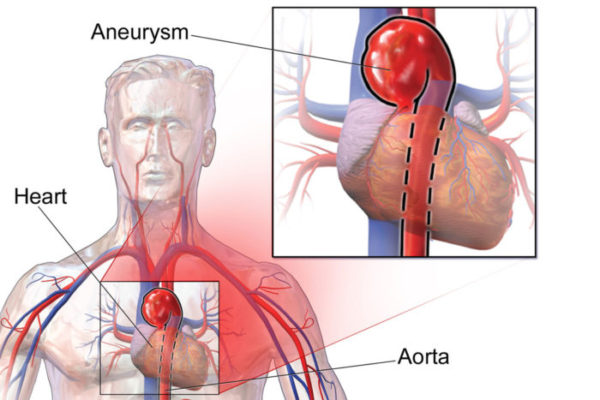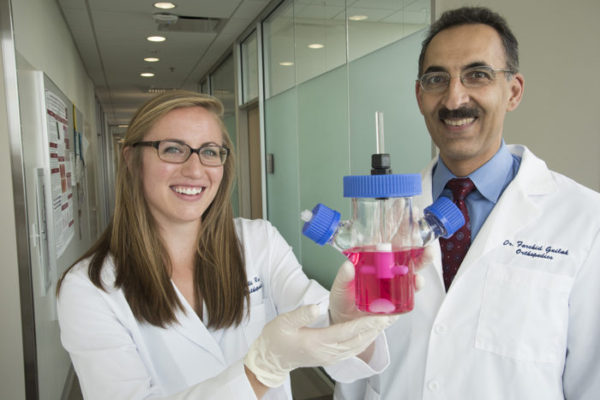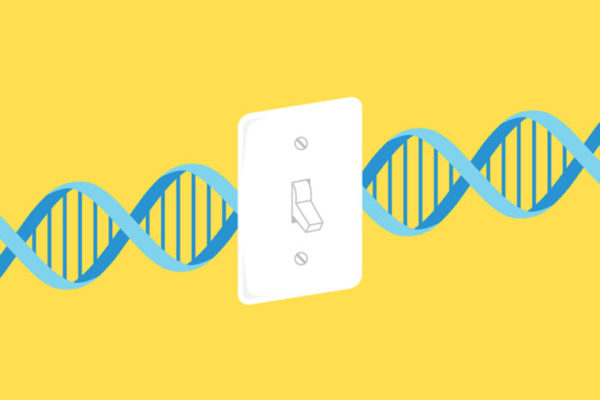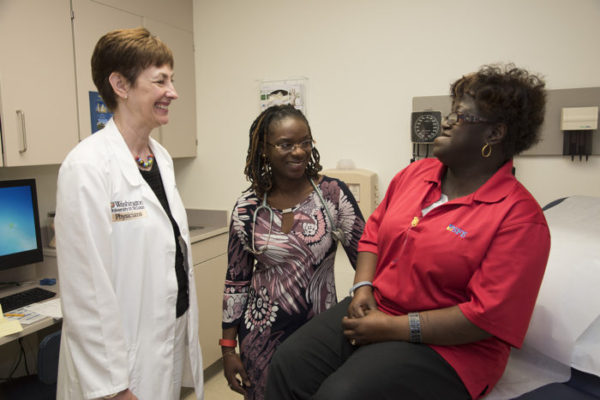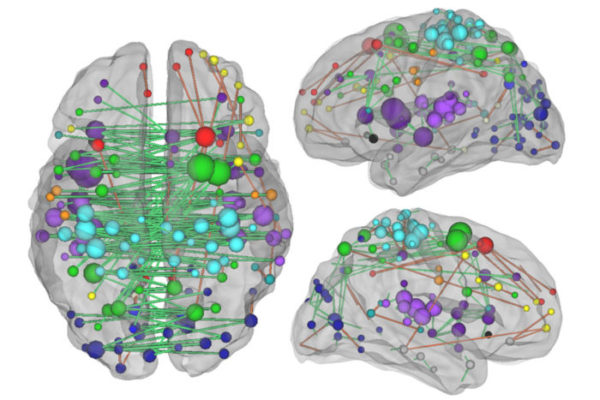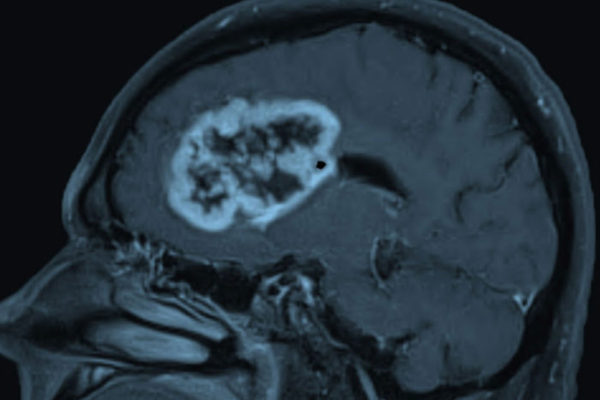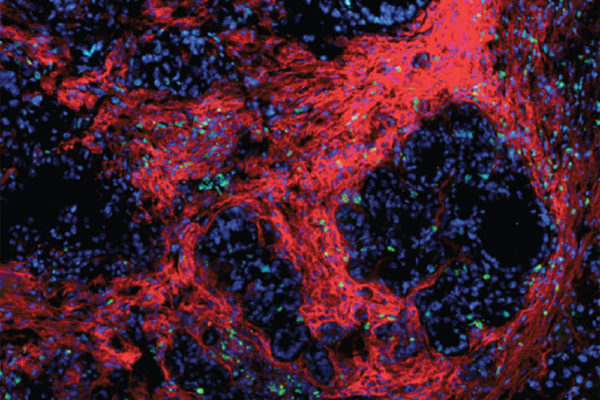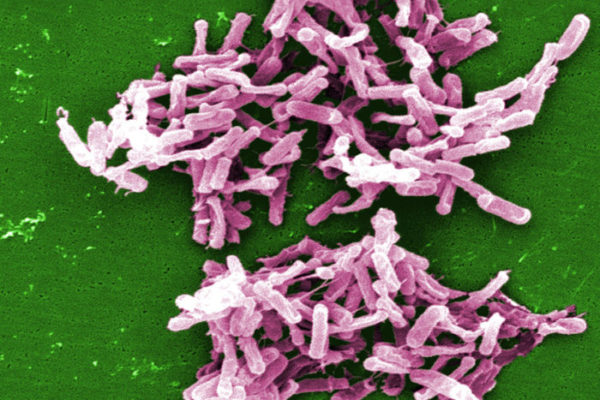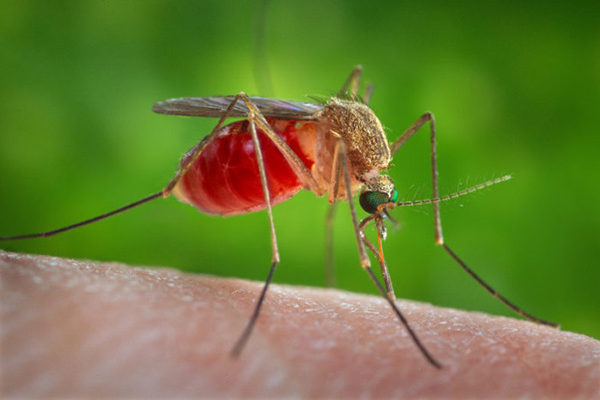Genetic error that increases risk of aortic rupture identified
A study led by Washington University School of Medicine in St. Louis, in collaboration with Brigham and Women’s Hospital in Boston, has identified a genetic error that weakens the aorta, placing patients with this and similar errors at high risk of aortic aneurysms and ruptures.
Stem cells engineered to grow cartilage, fight inflammation
With a goal of treating worn, arthritic hips without extensive surgery to replace them, scientists at the School of Medicine have programmed stem cells to grow new cartilage on a 3-D template shaped like the ball of a hip joint.
Ability to turn off genes in brain crucial for learning, memory
A study in mice at the School of Medicine how genes stuck in the “on” position can lead to faulty brain wiring that affects learning and memory.
Study aims to find clues to breast cancer outcomes in African-American women
Researchers at the School of Medicine are launching a major study in African-American women with breast cancer to learn whether their genetic risks are influenced by the same mutations that affect white women or are altogether different mutations.
Measuring damage to brain networks may aid stroke treatment, predict recovery
Two new studies from the School of Medicine indicate that current clinical practices may be missing a key aspect of stroke-induced brain damage. For some cognitive functions, such as memory and attention, the severity of a person’s disability correlates with the extent of disruption to the brain’s communication networks – something that is not measured by most brain scans.
Potential drug target identified for deadly brain cancer
New research from the School of Medicine provides clues to why some patients with glioblastoma fare worse and identifies a drug target that potentially could improve survival.
Immune-based therapy in mice shows promise against pancreatic cancer
A new School of Medicine study in mice has shown that immunotherapy against pancreatic cancer can be effective when given in conjunction with drugs that break up the fibrous tissue in these tumors.
Falls in months before surgery are common in adults of all ages
In a large study of 15,000 adults undergoing elective surgery, researchers at the School of Medicinefound that falling up to six months before an operation is common and often causes serious injuries — not only in elderly patients but across all age groups. Surprisingly, middle-aged patients fell slightly higher than those 65 or older.
Preventing superbugs, infections in health-care settings
Buoyed by a $5.1 million grant, researchers at Washington University School of Medicine in St. Louis will study novel strategies to reduce infections acquired in health-care settings and to limit the spread of dangerous antibiotic-resistant bacteria. The funding is part of $26 million awarded by the Centers for Disease Control and Prevention (CDC) to five academic medical centers as part of a patient-safety effort known as the Prevention Epicenters Program.
Memory loss caused by West Nile virus explained
New research from the School of Medicine shows that long-term neurological problems in those with West Nile Virus may be due to the patient’s own immune system destroying parts of the neurons in the brain. It suggests that intervening in the immune response may help prevent brain damage so patients can recover.
Older Stories
